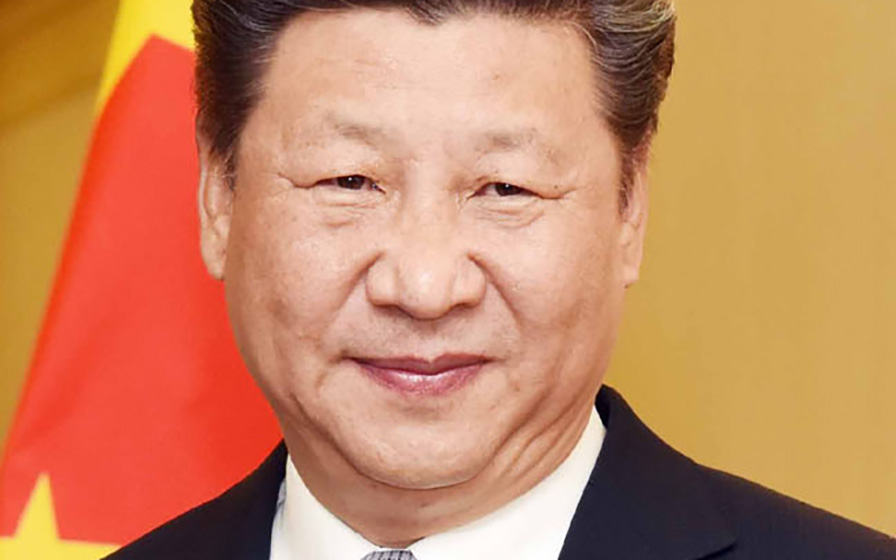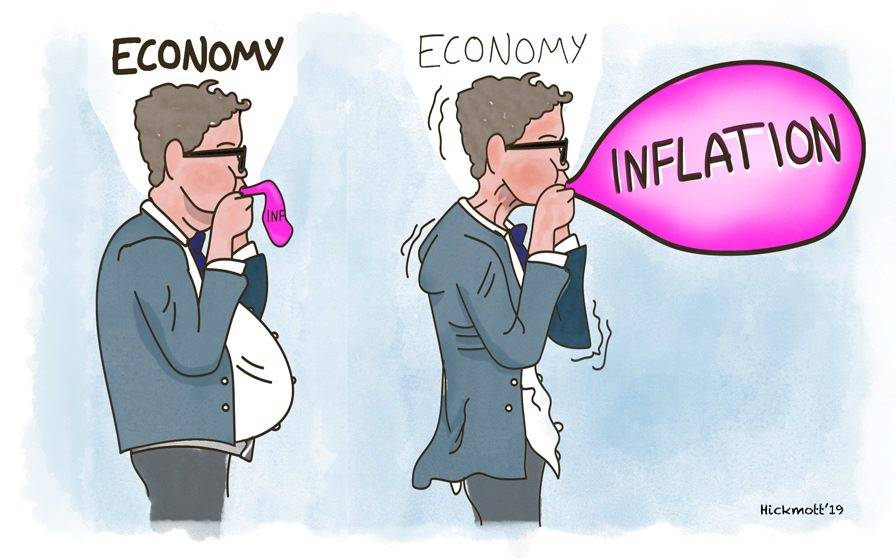US, Ukraine tweak peace plan; Amazon’s US$50b AI expansion drive
And higher transport and health costs fuel rise in Singapore’s inflation rate.
And higher transport and health costs fuel rise in Singapore’s inflation rate.
Ata mārie and welcome to your Tuesday summary of international business and political news from overnight.
First, the United States and Ukraine are negotiating on changes to the peace plan to end the war with Russia, the ABC and Reuters reported.
Officials from Washington and Kyiv said they had drafted a "refined peace framework" after talks in Geneva on Sunday local time. The US had blindsided Ukraine and European countries with a 28-point peace plan last week. European allies then put forward a counter proposal that included Nato-style security guarantees for a post-war Ukraine.
European Council President Antonio Costa said there was “new momentum” in efforts to end the war in Ukraine, while Germany’s Foreign Minister Johann Wadephul said the amendments were a “decisive success” for Europeans.
The original 28-point peace plan drafted by the US had been cautiously welcomed by Russia but was criticised by the EU for being too favourable to Moscow, while Ukrainian President Volodymyr Zelensky had also expressed concerns, the BBC noted.
On the ground, Russian air defence systems shot down eight drones heading towards Moscow overnight, a day after a Ukrainian strike on a power and heat station cut heating for thousands outside the Russian capital, Al Jazeera reported.
The Russian Defence Ministry said that 10 Ukrainian drones had been shot down across three regions – Moscow, Kaluga and Bryansk, which borders Ukraine.

Chinese President Xi Jinping.
Elsewhere, Trump spoke on the phone with Chinese President Xi Jinping on Monday morning local time to flesh out further trade details, CNBC reported.
China’s Foreign Affairs Ministry said both sides were implementing all elements of what was agreed to when the two leaders met in South Korea last month. That involved the US agreeing to lower tariffs on Chinese goods, and China agreeing to pause new export controls on rare earth minerals.
In developing news, a federal judge has dismissed the indictments against former FBI Director James Comey and New York Attorney-General Letitia James. The judge found that the appointment of interim US Attorney Lindsey Halligan was invalid, CNN reported.
Trump had handpicked Halligan for the role amid increasing pressure to bring criminal cases against his political enemies, including Comey and James.
Staying in the US, the Federal Reserve is scratching its head about a trend that may hinder its future rate decisions to keep inflation and the economy in check.
US companies have sharply slowed hiring this year, hesitant to invest without knowing the full effect of Trump’s economic policies. Despite that, workers’ productivity remained high, and the economy was still robust, CNN said.
That complicated the Fed’s efforts to determine whether the economy needed cooling or boosting. Oxford Economics chief US economist Ryan Sweet said the conundrum next year will be how the Fed handles a jobless economic expansion.
Elsewhere, the European Central Bank must continue to monitor after-effects of the post-Covid spike in inflation, including higher food prices and services costs, according to Governing Council member Joachim Nagel.
Nagel said people were still worried about further increases in euro-area prices, which grew at a peak of 10.6% in October 2022, after Russia attacked Ukraine, Bloomberg reported.
The ECB is widely expected to keep interest rates unchanged for a fourth meeting in December.

Illustration: Michael Hickmott.
In business news, Amazon plans to spend up to US$50 billion expanding its capacity to provide artificial intelligence and high-performance computing services to US government agencies, CNBC reported.
Amazon Web Services will offer agencies Amazon’s suite of AI tools, including from partner Anthropic and chips from both Nvidia, as well as Amazon’s in-house chipmaking arm.
AWS supports more than 11,000 government agencies. The company provides services from more than 900 data centres.
Finally, inflation in Singapore rose again off the back of higher transport and healthcare costs, while the economic growth outlook was revised upwards, CNBC reported.
After reaching a four-year low in August, consumer prices rose 1.2%, compared with the average 0.9% estimated by economists. Headline inflation was fuelled by a 3.4% increase in transport prices. Healthcare costs also rose 4%.
Last week, the country’s economic growth forecast was raised to 4%, from 1.5-2.5%, after a robust September quarter.
Sign up to get the latest stories and insights delivered to your inbox – free, every day.